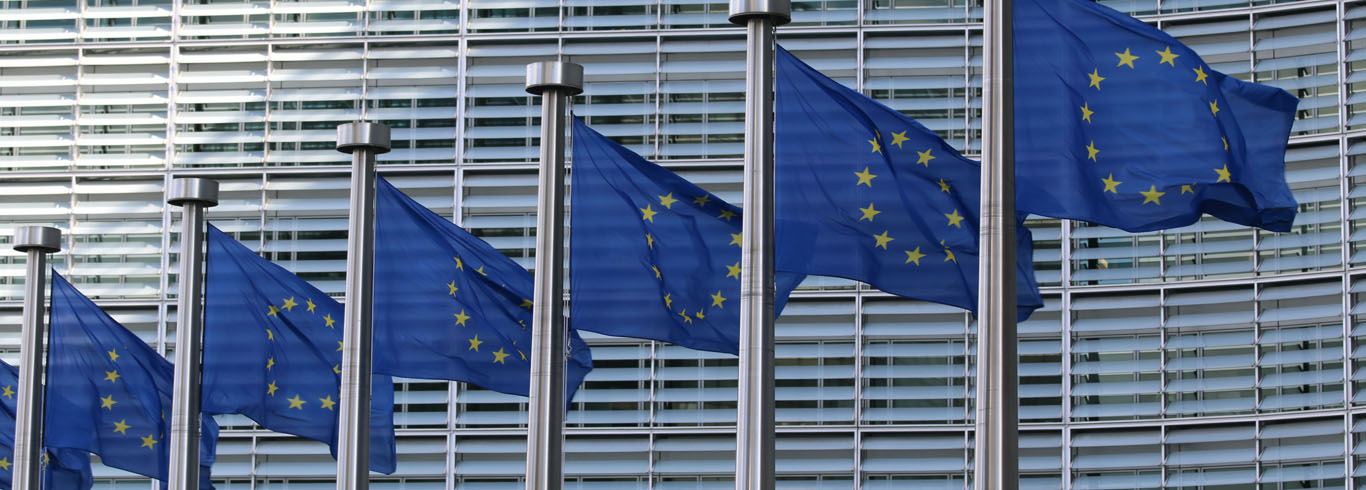EU Cosmetics
The cosmetics sector is attractive to small and medium-sized U.S. exporters due to the low import tariffs imposed by the EU. For example, the EU does not charge a customs duty on hair products, manicure and pedicure products, perfumes, many essential oils, lip, and eye makeup.
Having said that, all cosmetic products U.S. companies export to the EU must comply with the EU Cosmetics Regulation (EUCR). The first step in determining the compliance requirements is verifying the product to be exported meets is a “cosmetic product” as defined by the regulation. The EUCR defines a “cosmetic product” to be:
- “any substance or mixture intended to be placed in contact with the external parts of the human body (epidermis, hair system, nails, lips, and external genital organs) or with the teeth and the mucous membranes of the oral cavity with a view exclusively or mainly to cleaning them, perfuming them, changing their appearance, protecting them, keeping them in good condition or correcting body odours”
In other words, the regulation applies to a slightly different range of products than those regulated in the United States under equivalent legislation. Products covered by the EU regulation include not only traditional cosmetic products such as perfumes, fragrances, and make-up but also personal care products (i.e. lotions, skin products, soaps, facemasks, toiletries, bath products, deodorants, hair care products, and sunscreen).
Basic Requirements
Any cosmetic or personal care product may be marketed freely within the EU provided it:
- is subject to the oversight of a “Responsible Person”;
- is supported by a Product Information File (PIF);
- has been notified on the Cosmetic Products Notification Portal (CPNP); and
- has the correct labeling.
The Responsible Person
The “Responsible Person” is the entity legally responsible for ensuring that a particular cosmetic product complies with the requirements of the EUCR. By default, the Cosmetics Regulation designates the importer as the Responsible Person. Many U.S. exporters choose to retain a specialized consultant or law firm rather than rely on their importer(s) for strategic commercial reasons.
U.S. exporters interested in retaining a professional Responsible Person should consult our registered list of Business Service Providers located at the bottom of this page.
Ingredients
U.S. Exporters should also bear in mind that the EU has rules that differ from those in force in the United States that regulate ingredients used commonly found in cosmetics. These permissions/restrictions/prohibitions are contained in Annexes II, III, IV, V, and VI of the EU Cosmetics Regulation. These Annexes are often updated; therefore, U.S. exporters should take care to monitor them so as to ensure that their products will not be caught by a recent regulatory change.
The EU requires that products containing nano-scale ingredients identify such substances with the word “[nano]” in brackets.
In addition, the EU prohibits the sale of any product that contains an ingredient where safety data was obtained through animal testing if the test(s) occurred post-March 11, 2013.
Contact Information
If you have additional questions not covered on this website, please send an email and reference “Cosmetics Inquiry” in the subject line. One of our specialists will respond to your inquiry as soon as possible.
